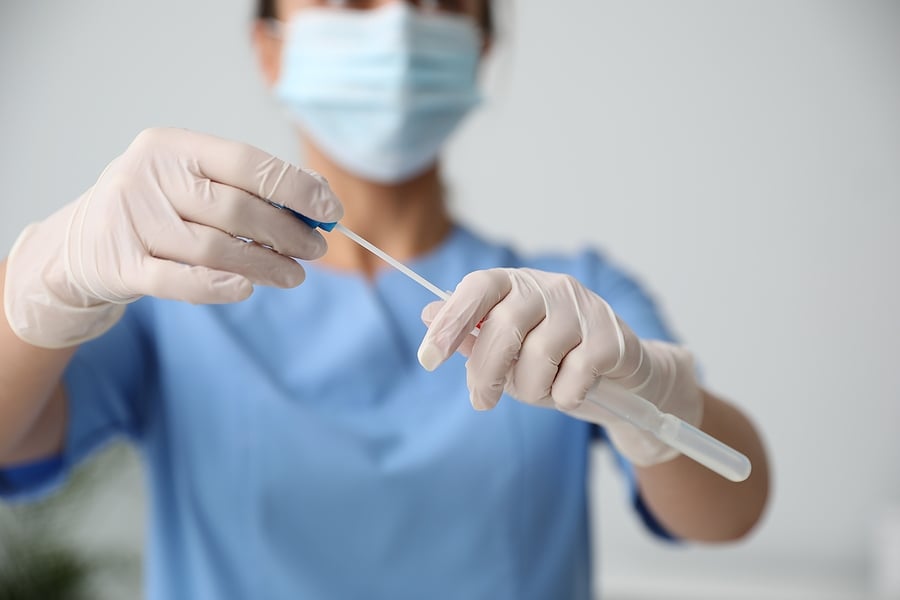Complete Guide to the Forensic Nurse Practitioner Specialty
Definition: What Is a Forensic Nurse Practitioner?
A Forensic Nurse Practitioner is an advanced practice registered nurse (APRN) who specializes in merging the fields of nursing and criminal justice to provide expert healthcare to victims of violence, trauma, and abuse. Forensic NPs play a critical role in forensic investigations, offering medical care, collecting evidence, and providing testimony in legal proceedings. They work collaboratively with law enforcement agencies, legal professionals, and healthcare teams to ensure the well-being of patients while facilitating the legal process.
Scope of Practice
The scope of practice for forensic nurse practitioners is diverse and multifaceted. Forensic NPs are trained to assess and provide medical care to individuals who have experienced violence, including physical and sexual assault, domestic violence, child abuse, and elder abuse. They are skilled in:
- Conducting forensic examinations
- Documenting injuries
- Collecting evidence such as swabs and photographs
- Preserving the chain of evidence custody
Forensic NPs also offer emotional support to survivors, collaborate with social workers and counselors, and serve as expert witnesses in court cases involving violence-related injuries.
Skills & Abilities
Forensic nurse practitioners possess a unique skill set that combines medical expertise with legal knowledge. They are proficient in conducting thorough assessments of injuries, identifying potential signs of abuse, and documenting evidence in a meticulous and unbiased manner. Forensic NPs have a deep understanding of trauma-informed care, allowing them to approach patients with sensitivity and compassion. Their communication skills are essential for collaborating with law enforcement, providing expert testimony, and explaining complex medical information to legal professionals and juries.
Forensic Nurse Practitioner Certification & Subspecialties
To become a certified forensic nurse practitioner, individuals need typically need to complete a Master’s or Doctoral level nursing program with a specialization in forensic nursing. Following their education, aspiring Forensic NPs can pursue certification through organizations like the International Association of Forensic Nurses (IAFN).
| Forensic Nursing Certification | Sexual Assault Nurse Examiner | |
| Organization | American Institute of Health Care Professionals | International Association of Forensic Nurses |
| Cost | $200 | $275-$655 (depending on association membership and early or late filing) |
| Number of Questions | 175 | 200 |
| Eligibility Requirements | RN Licesense Completion of a forensic nursing program 230 hours of continuing education | A current RN license Two years of experience in a similar field |
While forensic nursing itself is a specialized field, Forensic NPs may choose to further specialize in areas such as:
- Sexual assault examination
- Pediatric forensic nursing
- Death investigation
- Abuse investigation
These subspecialties allow Forensic NPs to focus their expertise on specific aspects of forensic care.
Becoming a Forensic Nurse Practitioner
Becoming a forensic nurse practitioner requires a comprehensive educational path. Aspiring Forensic NPs typically start with a Bachelor of Science in Nursing (BSN) degree, gain experience as registered nurses, and then pursue a Master of Science in Nursing (MSN) or a Doctor of Nursing Practice (DNP) degree with a specialization in forensic nursing. Advanced programs provide specialized knowledge in conducting forensic assessments, collecting evidence, and interacting with legal systems. After completing their education, individuals can seek national certification and state licensure as a nurse practitioners specializing in forensic nursing.
Forensic Nurse Practitioner Employment Opportunities
Forensic nurse practitioners find employment opportunities in various settings where their unique skill set is in demand. These settings include:
- Hospitals
- Trauma centers
- Community health clinics
- Sexual assault response teams
- Domestic violence shelters
- Coroner’s offices
Forensic NPs are essential in providing comprehensive care to individuals who have experienced violence while contributing to the legal process by collecting and preserving evidence. Their expertise ensures that survivors receive proper medical care and that evidence is accurately documented for potential legal action.
Forensic Nurse Practitioner Salaries
Salaries for forensic nurse practitioners can vary based on factors such as geographic location, years of experience, education level, and the specific healthcare or legal setting. As of 2023, the median annual wage for forensic nurse practitioners was around $131,543. Given the specialized nature of forensic nursing and the critical role Forensic NPs play in the legal process, they may command competitive salaries.

